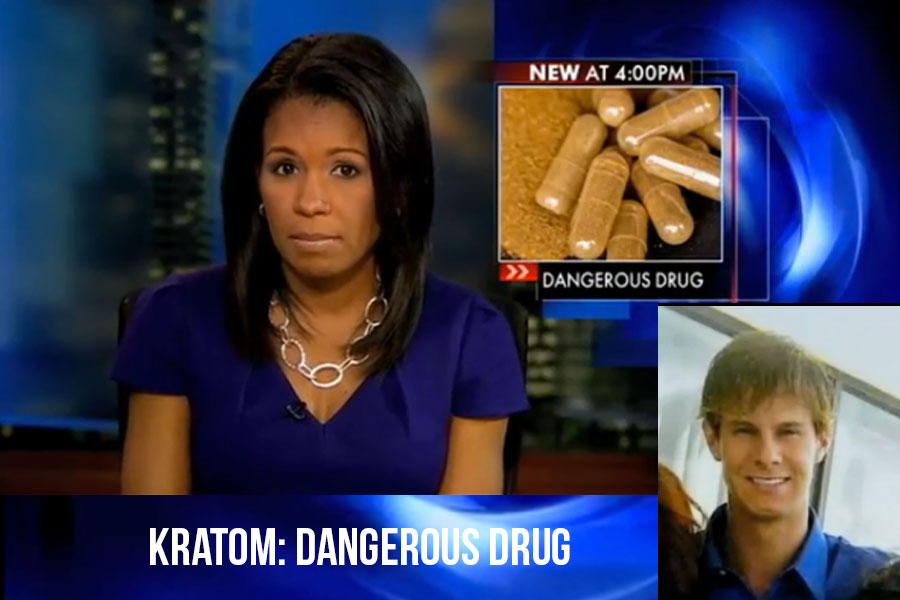BARROW COUNTY, Ga. — Parents of a University of Georgia junior are warning others about what they are calling a dangerous new substance.
It is called Kratom and they say it is the reason their son ended his life.
“Mom and Dad, I loved you very much. Please know there was nothing you could do. I tried everything,” Lauren Eden read from son John’s suicide note.
John Eden was 22 years old and in the Navy intelligence program.
“He committed suicide in a gas station with a .45 caliber handgun,” his father, also named John Eden, said. It happened May 3 and his parents said in the note, he told them why he did it.
“I’ve ruined myself with drugs,” Eden continued to read. She said he is not referring to street drugs, but a relatively new substance called Kratom. The Edens said they found bags of it in his apartment.
“I really believe in my heart he did not know what he was doing he thought this stuff was safe and it just spiraled out of control,” Lauren Eden added.
Kratom is marketed as a botanical, something to increase energy, focus, and enhance your mood. At the same time, Georgia’s poison control director said it has not been tested on humans and needs to be regulated.
“People come in anxious, agitated, not having slept for 6 to 7 days,” Dr. Gaylord Lopez said, adding Kraom is highly addictive.
“We know this is not a safe compound, it’s causing problems. Everything from mental status changes to seizures,” he said.
“Just because it’s a root or comes off as something natural does not mean it’s OK,” John Eden said. He and his wife said they believe it is why their son, a standout student, ended his life. They want it banned.
“I want this out there. I want parents to see this. If your kid’s telling you what a great thing they found online, ‘This great thing. It’s helping me mom and dad, through school,’ don’t believe it. No, it needs to stop,” Lauren Eden said.
Kratom is illegal in several Asian countries, but is a legal substance in 48 states in the United States. Lopez said it needs to be regulated. The FDA and DEA have labeled it a compound of concern.





